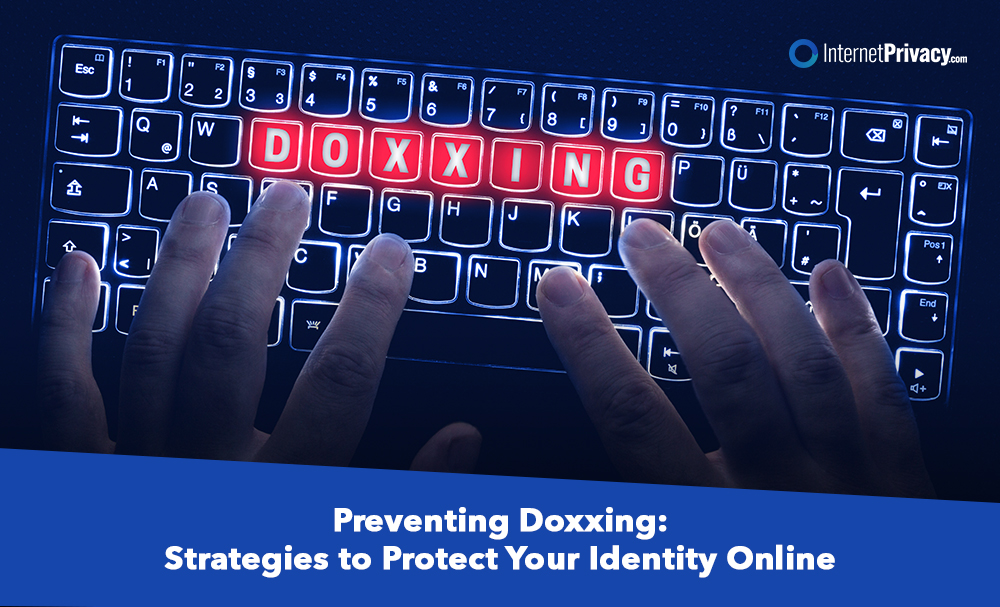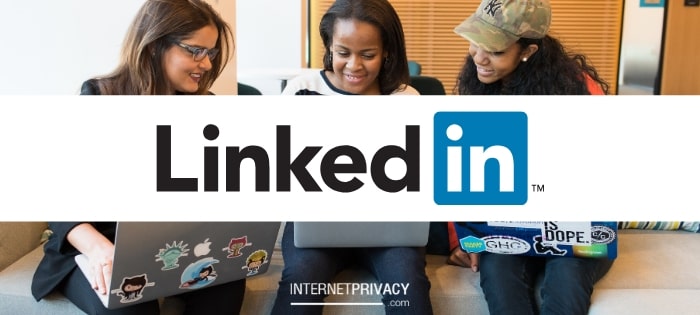Preventing Doxxing: Strategies to Protect Your Identity Online

The article discusses the rising problem of doxxing, which involves exposing someone’s private information online without their permission. It explores what doxxing entails, its dangers, and how people can become targets. Various methods, including social engineering and hacking, are used for doxxing. It emphasizes the importance of recognizing signs of being targeted and taking measures to protect one’s online identity to avoid falling victim to doxxing.
What Is Doxxing?
Doxxing involves researching and publicly revealing private information about individuals or organizations without their consent, including names, addresses, and phone numbers. Victims can face severe consequences such as harassment, stalking, identity theft, and even physical harm. By revealing financial information, social security numbers, and login credentials, doxxing exposes victims to cyber attacks.
Perpetrators often use this information to manipulate or harm victims, causing emotional distress and reputational damage.
Why Is Doxxing Dangerous?
Doxxing presents significant risks to individuals and organizations, including identity theft, online harassment, and, in extreme cases, violence or cyberbullying. The exposure of personal information can have lasting effects on mental health. When revealing sensitive details, it can attract malicious actors who exploit this data for criminal activities. Victims often endure cyberbullying, leading to anxiety, depression, and PTSD.
Concerns about physical harm are valid, as doxxing can escalate to violence, jeopardizing safety. The invasion of privacy and losing control over personal information profoundly affect victims and attack users’ online sense of security and trust.
How Do People Get Doxxed?
Hackers use social engineering, hacking, and data breaches to doxx individuals. Social engineering manipulates people into revealing personal details while hacking exploits system vulnerabilities. Data breaches occur when hackers gain unauthorized access to databases, leaking personal information for doxxing campaigns.
Social Engineering: Social engineering involves manipulating individuals into divulging personal details or sensitive information through deceptive online interactions. Attackers often use social engineering tactics to gain the trust of their targets and extract confidential data for malicious purposes. Cybercriminals exploit the human vulnerability to trick individuals into providing valuable information, often through phishing emails, fraudulent phone calls, or fake websites.
Hacking: Hacking involves unauthorized access to online accounts, systems, or public databases to obtain sensitive information for doxxing purposes. Motivations behind hacking vary, from financial gain to espionage or retribution. Malicious actors continually evolve their methods, making unauthorized access harder to detect. As technology advances, the risks of data breaches increase, exposing personal information such as credit card details, social security numbers, and addresses.
Data Breaches: Data breaches occur when security vulnerabilities in online systems or databases are exploited, exposing personal information to unauthorized parties. These breaches fuel doxxing incidents where sensitive data is compromised, putting individuals at risk of identity theft, cyberbullying, and physical harm. Organizations face legal repercussions, loss of consumer trust, and regulatory penalties due to data breaches, highlighting the critical importance of cybersecurity.
What Are The Signs That Someone Is Trying To Dox You?
Signs of attempted doxxing include unusual requests for personal information, targeted online harassment, and sudden exposure of private details on public platforms. Monitoring your online presence and being vigilant about unusual activities can help identify potential doxxing attempts.
Another indicator is someone displaying an unnerving level of knowledge about specific locations in your personal life without prior disclosure, such as mentioning specific addresses or phone numbers. Receiving excessive unsolicited messages or emails containing in-depth personal information should raise red flags. Stay cautious and avoid engaging with such individuals to prevent further intrusion.
How Can You Protect Yourself From Doxxing?
Protecting yourself from doxxing involves proactive measures like keeping personal information private, using strong passwords and two-factor authentication, and being cautious with social media settings. Employing virtual private networks (VPNs) and monitoring your online presence can enhance defense. Regularly review privacy settings on your social media accounts, use separate email addresses for accounts, and monitor credit reports for unauthorized activity. By incorporating these steps into your online habits, you can reduce the risk of being a doxxing victim.
Keep Personal Information Private: Protecting personal information prevents doxxing incidents. Avoid discussing confidential details such as home addresses, phone numbers, or financial information on public platforms. Be cautious about sharing personally identifiable information with unknown or unverified entities, mainly services.
Use Strong Passwords: Using strong and unique passwords for online accounts is essential to prevent unauthorized access to personal accounts and mitigate identity theft risk. Password managers offer a convenient solution by generating complex passwords and securely storing them in an encrypted database, safeguarding against hacking attempts and data breaches.
Enable Two-Factor Authentication: Enabling two-factor authentication (2FA) adds an extra layer of security to your online accounts, reducing the risk of an unauthorized individual with access publishing confidential information and enhancing overall online security. By requiring a secondary verification method, such as a code sent to your phone, 2FA can deter cyber criminals from attempting to compromise your accounts for doxxing purposes.
Be Careful With Social Media: Be cautious with social media interactions to protect yourself from doxxing risks. Review and adjust your privacy settings on social media platforms, avoid discussing personal information or sharing sensitive details publicly, and minimize disclosing personal identifying information that could be used for identification or targeting purposes.
Use Virtual Private Networks (VPNs): Virtual private networks (VPNs) can enhance online security by encrypting your internet connection and masking your IP address. VPNs create a virtual private network, a secure tunnel for data transmission, protecting your browsing history and online activities from potential eavesdropping or monitoring by malicious parties.
Monitor Your Online Presence: Regularly monitoring your online presence is essential to identifying potential doxxing threats and proactively protecting your personal information. Conduct routine searches on search engines, review your social media sites, profiles, and settings, and be vigilant for any signs of unauthorized disclosure of private details.
What To Do If You Have Been Doxxed?
If you’ve been doxxed, immediate action is crucial. Contact the website or platform to remove your information, change affected passwords, notify law enforcement, and seek professional or legal help. Enable two-factor authentication and review privacy settings. Keep evidence like screenshots for records. Engage with online communities for support. Regularly monitor your online presence and run security checks on your devices.
When contacting the website, provide evidence and document communications. Change passwords with strong, unique ones, and consider using a password manager. Report the incident to law enforcement to initiate an investigation and seek legal action. Seek mental health and legal support to cope with the emotional and legal aspects of the attack. By taking these steps, you can protect yourself and regain control after a doxxing incident.





